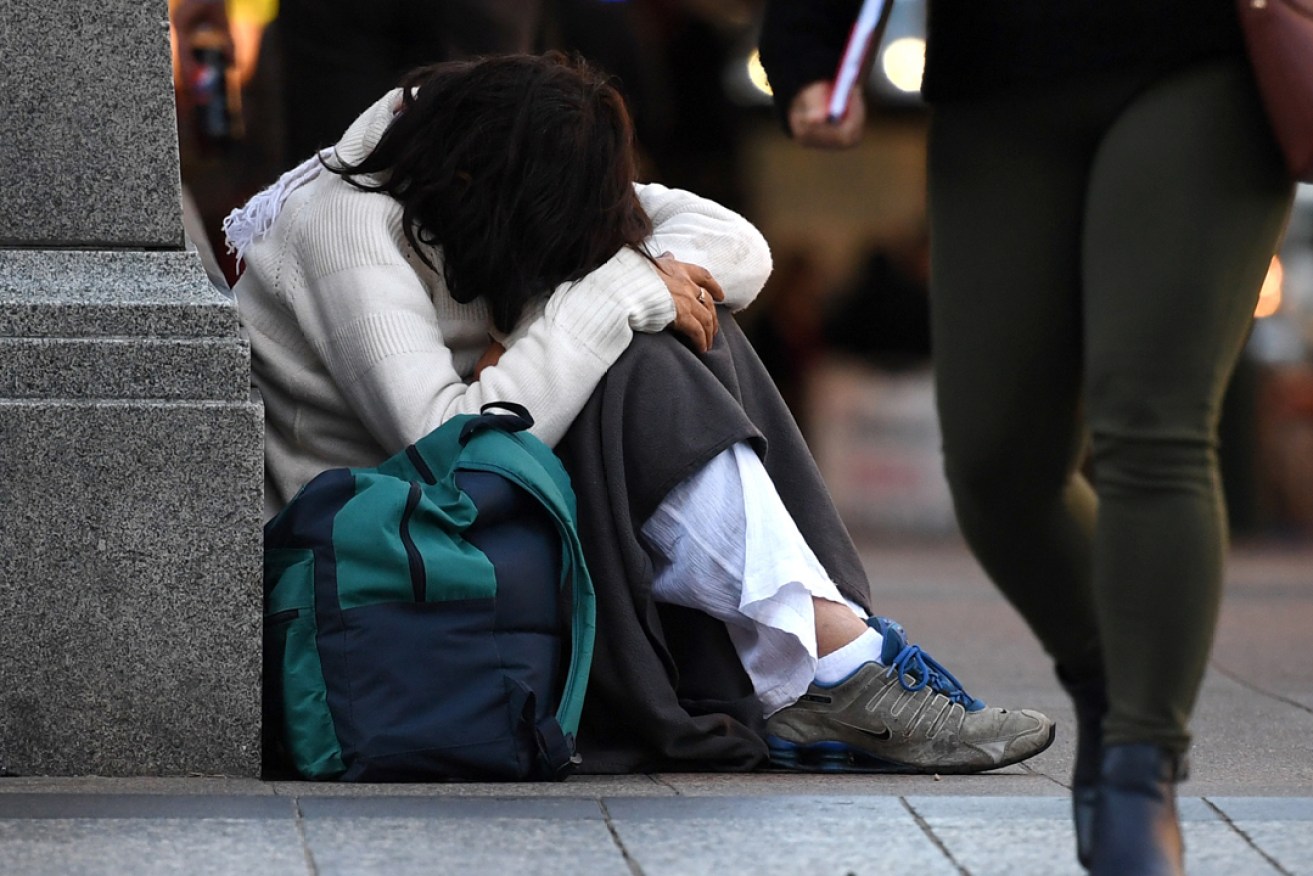‘Poverty premiums’ need a policy response
The old saying is that “money makes money”, but the reverse is also true: lack of money makes for extra cost burdens, and it’s something the government must address, writes the SA Council of Social Service’s Greg Ogle.

Photo: AAP
This week is Anti-Poverty Week, and SACOSS wants to shine a spotlight on the issue of poverty premiums – those extra costs faced by people on low incomes that others with more money can buy their way out of, avoid or minimise.
There are poverty premiums everywhere you look, including in telecommunications, energy, banking, government charges and in ordinary shopping.
These poverty premiums, which can in some cases amount to a 300 per cent extra cost, add to the burden of being poor and raise fundamental questions about fairness. More than that, they require a policy response from government.
The fact that the poorest people are paying more for very basic goods and services again raises questions about the inadequacy of income support payments. A recent report from University of NSW researchers found that the Newstart allowance for a single unemployed person was $96 per week below the amount needed for a basic standard of living, while couples relying on a minimum wage were similarly disadvantaged. That is an income safety net with too many holes in it.
There are issues for the State Government as well.
We know that poor and homeless people often have internet access only from pre-paid mobile phones. Our research shows that this can mean paying up to 300 per cent more for data. This poverty premium could be reduced by increased provision of free public wi-fi, allowing everyone to save some money and giving those on low incomes greater access to the digital world.
We can’t simply abandon our poorest people or tell them to manage their money better
Earlier this year, the State Government announced free wi-fi on public transport, which is a good start, but more needs to be done – particularly in regional areas where the struggles to get connected are often greatest.
Similarly, it should be a given that State Government websites are un-metered so that citizens do not have to pay for data to access government information and services. And if the poorest people are paying so much more for internet data, there is a further imperative for this to happen.
Another poverty premium demanding State Government action is the fact that those who are renting or can’t afford solar panels are paying around 50 per cent more for electricity than those with solar power. While the issues and policy settings here are complex, at a minimum we should be ensuring that energy concessions are targeted to those who are paying these poverty premiums.
The current flat-rate concession based on household income may mean that households with solar power and lower bills are enjoying significant concessions while the concession for those with higher bills is inadequate. Changing this flat-rate concession to one based on a percentage of the electricity bill would better target the concession and help those facing this energy poverty premium.
Poverty premiums make living on very low incomes just that much harder, and we can’t simply abandon our poorest people or tell them to manage their money better. We need concrete policy responses to support them and make life a bit fairer.
Dr Greg Ogle is senior policy officer at the South Australian Council of Social Service (SACOSS).




